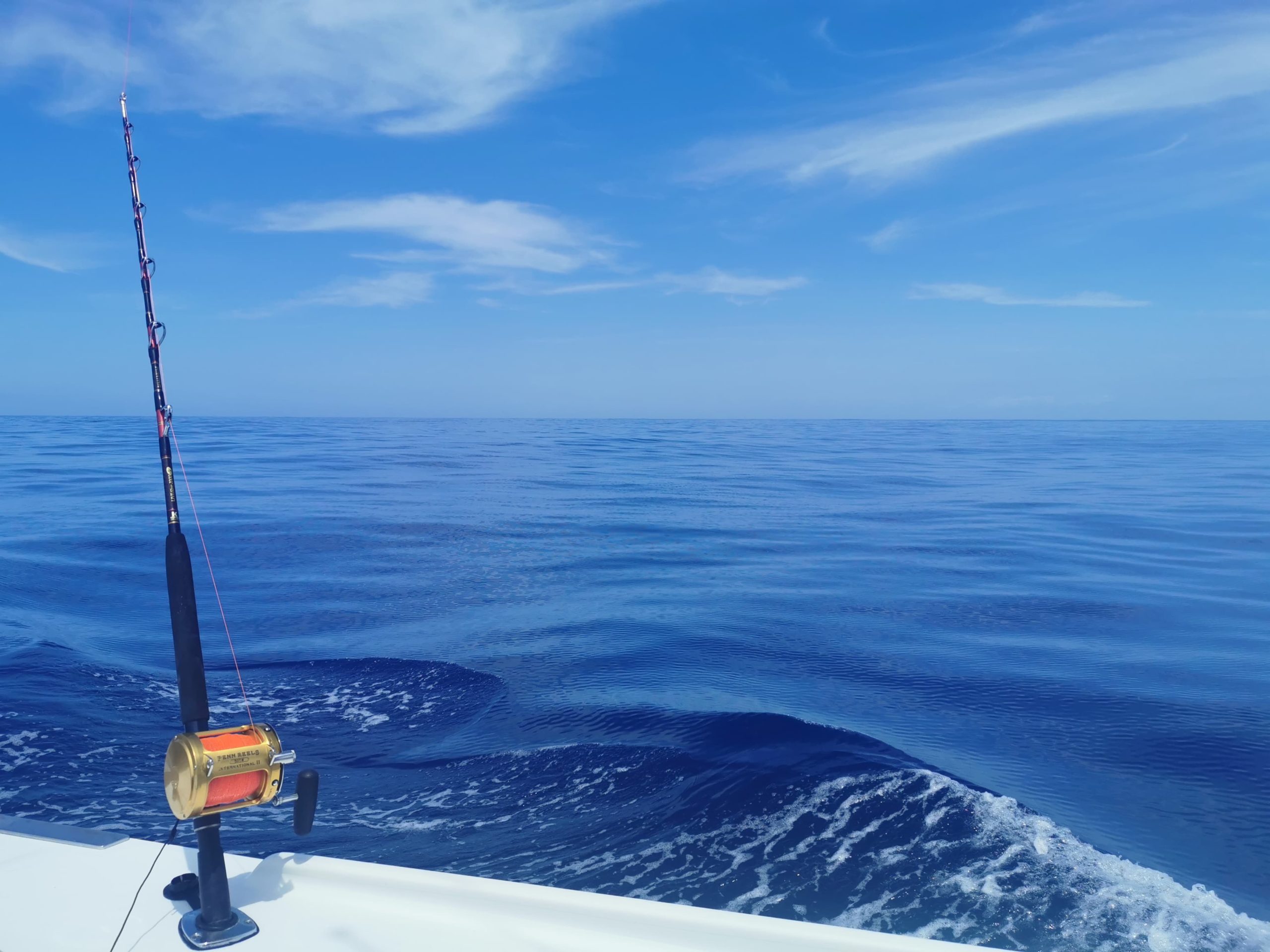Rescue Fish FAQs
All FAQs |
Customary Fisheries | Fisheries Management | maximum sustainable yield | QMS | Economics | Fishing | Rescue Fish | Environment | Fishing methods | Recreational Fishing | Fishcare | customary | Kahawai | Reform scam | Baitfish | Scallops | Crayfish | WRC decision | Marlin | Reef fish | Deemed value penalties
May 22, 2020
The time is right, politically and socially, to present the Rescue Fish policy. The Covid-19 crisis has highlighted the vulnerability of many families and communities unable to access adequate food. Food security must be a priority. Reforming fisheries so there is more fish in the water and available makes sense. There is political appetite for ... Read more.
May 22, 2020
LegaSea and the New Zealand Sport Fishing Council are proposing reforms to make fisheries more abundant because there is public support for change. The public is increasingly concerned at the loss of abundance in coastal waters, the environmental effects of poor land management and the ongoing seabed damage from bottom trawling and dredging.
May 22, 2020
Yes, there is strong grassroots mana whenua support for reform to ensure there is an abundant fishery. Over the last 15 years we have attended and participated in many hui where people have expressed their concerns about depletion and their desire for more fish in the sea. Research shows that 73% of Māori think reform ... Read more.
May 22, 2020
The pathway to abundance has been laid out in the Rescue Fish policy document. The bottom line is that the Quota Management System needs to be dismantled. The Government needs to buy back existing quotas in the inshore fisheries. Catch levels need to be reset to enable fish stocks to recover to healthy levels. Bottom ... Read more.
May 22, 2020
The environment: Banning inshore trawling and dredging and transitioning to more eco-friendly fishing methods will result in a cleaner marine environment. There will be more fish in the water, fish will be healthier, and fish will be easier and cheaper to catch. Food security: The bulk of fish exports earns less than $3kg, while retailing ... Read more.
May 22, 2020
The goal of Rescue Fish is to rebuild depleted inshore fish stocks and restore biodiversity. This will be achieved by managing fish stocks to comply with international standards. To achieve success the Government needs to buy back existing quota shares in the inshore fisheries and start again.
May 22, 2020
Yes, however, the Rescue Fish policy is focused on managing fish stocks at higher levels and restoring biodiversity so establishing a marine reserve is not the first priority. The Rescue Fish policy proposes that we turn the entire coastline of New Zealand into a Special Management Area. Rules can be made to ban all bottom ... Read more.
May 22, 2020
It depends on where you buy it. Under the Rescue Fish policy you will be able to purchase fish directly from fishing boats as they come in to the wharf. This cuts out the middle men of the supply chain. With the fish going direct from the fisher to the consumer your fish could be ... Read more.
May 22, 2020
Rescue Fish means more fish in the sea and a cleaner, healthier marine environment. This will benefit our kids by providing for their social, cultural and economic well-being. Future generations will be able to enjoy the benefits of snorkelling, being able to catch a fish off the wharf, dive for crayfish and scallops or pull ... Read more.
May 22, 2020
Rescue Fish means more fish in the sea and a cleaner, healthier marine environment. This outcome will benefit fishing and conservation interests, divers, kayakers, yachties and non-fishers. Increased abundance will help attract tourists to regional centres, providing employment and business opportunities.

